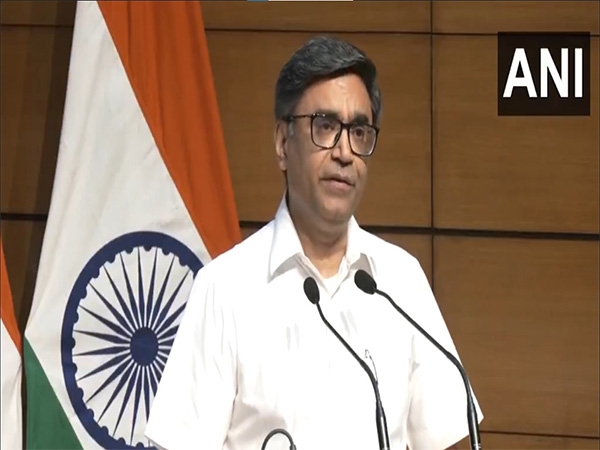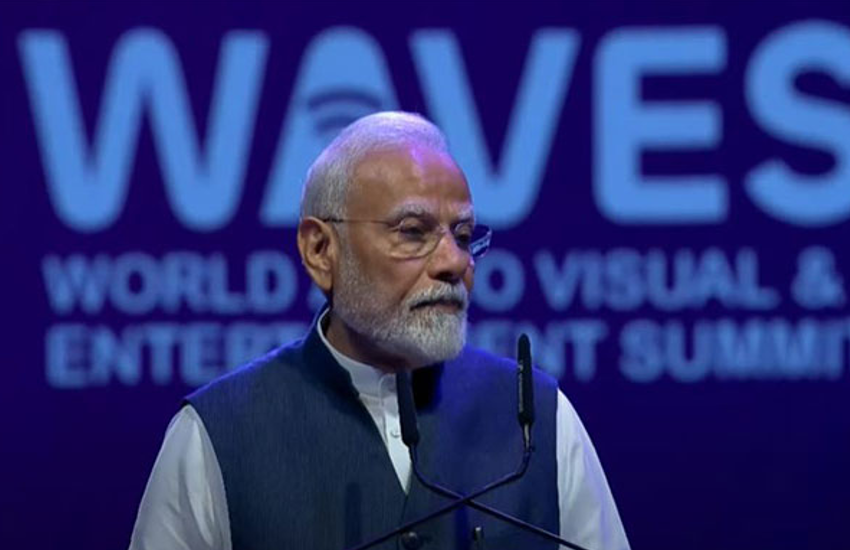Hon Judge, here's why castrating paedophiles is a bad idea

The recommendation
- Justice N Kirubakaran of the Madras HC says castration is an apt punishment for child rape
- Between 2012-2014, child sex cases rose by over 130%
The precedent
- Russia, Poland and nine American states have castration as a valid punishment for child abuse
- Mostly, they use the temporary \'chemical\' castration method
More in the story
- Why the method should be contemplated as a new kind of deterrent
- What if a juvenile commits the crime?
In the midst of a growing debate on child sex abuse, the Madras High Court has brought the idea of castrating rapists back into the spotlight.
On 16 October, Justice N Kirubakaran said despite the presence of the stringent Protection of Children from Sexual Offences Act (POCSO) since 2012, sexual crimes on children have actually risen alarmingly from 38,172 in 2012 to 89,423 in 2014.
That's more than a 130% increase in the last two years. It also means there are eight cases of sex crimes against children every day.
The judge's view
"Though the suggestion of castration looks barbaric, barbaric crimes should definitely attract barbaric models of punishment, and the very thought of the punishment should deter the culprit from committing the offence," Justice Kirubakaran said.
The number of convictions in the last two years was only 166, or 2.4% of the total cases registered. In 389 cases, the accused were acquitted.
"Barbaric crimes should definitely attract barbaric models of punishment," said Justice Kirubakaran
"The law is ineffective and incapable of addressing the menace," the judge said, adding, "the court is sure the castration of child rapists will fetch magical results."
Such a harsh recommendation from the judiciary only goes to show the frustration at the present situation. It smacks of desperation; a need to curb the trend by any means.
"The court cannot be a silent spectator, unmoved and oblivious to the horrible blood-curdling gang-rapes of children in various parts of India," the court said.
Castration as punishment
India isn't the first country to consider castration - it was the punishment for adultery in ancient Egypt, for rape in 12th century Western Europe and homosexuality in 13th century France.
Present-day Russia, Poland and nine American states, including California and Florida, have already enforced castration for sex offences against children.
But all of them have opted for a process called 'chemical castration'.
The Czech Republic and four American states (Montana, Florida, Texas and California) are places where the rapist is given the choice to opt for 'surgical castration'.
Why someone would willingly opt for this is another matter.
Surgical vs chemical castration
Surgical castration involves making an incision in the scrotum to permanently remove the testicles, in order to permanently kill the libido.
Chemical castration, on the other hand, involves being given a drug that reduces a rapist's testosterone levels to that of a prepubescent boy for a three-month period. After that, it wears off.
During this period of experiencing an all-time low libido, the rapist undergoes therapy, where he is counselled extensively.
Importantly, in countries where chemical castration is used, it is meant to give an option to a rapist to get his jail term reduced. The only place where completing the jail term is mandatory is the US state of Texas.
The question of understanding
Experts claim that the Madras HC recommendation is ambivalent because it hardly spells out what the judge means by castration. Some have questioned his own understanding of the processes involved in castration.
"With a ratio of one psychiatrist to a million people, where do we have the bandwidth to oversee the necessary rehabilitation and counselling while a rapist is under the effect of the drug? Without this provision, it's as if the judge means to say that sex drive is the root of the problem of child sexual abuse. This is absurd," said a child sexual abuse activist in Chennai who doesn't wish to be identified.
A report titled 'The making of sexual violence: how does a boy grow up to commit rape?', published by IMAGES (International Men and Gender Equality Survey), throws up some shocking findings.
In India, especially in Vijayawada & Delhi, youth view sexual violence as a normal part of intimacy
After taking in several views of modern-day youth about sex and violence, the survey says that in India, especially in Vijayawada and New Delhi, youth view sexual violence as a very normal part of intimacy.
"We need to invest in solid research to understand why this is happening," says human rights lawyer and activist, Flavia Agnes. She also points to the danger in making policies without understanding the situation completely.
Try a new deterrent
Others, however, feel that India does need to explore new deterrents.
Lalitha Kumaramangalam, the chairperson of the National Commission for Women, feels that chemical castration is a good thing for India to try in the case of repeat sexual offenders.
"I agree with parts of what the judge said. Human rights activists should understand that human rights should be applied first to the child who is raped before applying it to the perpetrator of the crime. We live in a country where there is a hue and cry for the human rights of a perpetrator before the victim, whose life is irreparably damaged," says Kumaramangalam.
"It's very well to say that castration won't reduce the crime, but it hasn't been tried. We're a complicated country. The Indian mentality is different. What works in Sweden might never work here. Stringent punishment is necessary to deter criminals," says Kumaramangalam, stressing that chemical castration should be made available as an option, especially for a repeat offender.
When juveniles commit adult crimes
In the recent cases of child rape in the capital, at least two juveniles were involved. "If they commit an adult crime, why shouldn't they be tried as adults?" says Kumaramangalam, on the possibility of extending the castration recommendation to juveniles.
While the Madras HC is silent on crimes perpetrated by juveniles, child rights activists point out that if juveniles are the perpetrators of crimes on minors, it makes the situation really tricky.
"When it comes to juvenile rapists, we are in solidarity with victims first and then the rapists. Juvenile criminals, no matter what their crime, are victims of a societal upset. You don't become a rapist overnight. It is after years of neglect shown towards a deteriorating psychological condition," believes Sanjay Gupta, founder of CHETNA, an NGO which works on rehabilitating street children.
"If the Madras High Court can pass a judgement this barbaric, then we should not lament the next time a rapist is lynched and killed by the public," says Gupta.
Gupta says that unengaged youth are on the rise in cities, due to migration and minimal parental control. "In 80% of cases, when we work with street children, we see that they lack parental control and engage in crimes ranging from theft to attempt to rape."
The POCSO Act also closes avenues for rehabilitation. Gupta points out that a section of the Act penalises a person who is aware of the crime.
"This means that I, as a counsellor working with street children, is going to be penalised for not turning in a child to the police. What avenues are there for a child to confess and understand his mistake?"
The side effects
While castration might seem to work in countries like South Korea, it also has side effects, such as osteoporosis, changes in cardiovascular health, blood fat levels, blood pressure and symptoms that mimic women's menopause.
"Although castration is ostensibly for public protection, it also carries with it a sense of symbolic retribution," wrote Don Grubin, professor of forensic psychiatry at Newcastle University.
If one expects the Madras High Court to understand why retributive justice will not get to the root of child sexual abuse in India, one might be asking for too much.
First published: 26 October 2015, 11:13 IST






![BJP's Kapil Mishra recreates Shankar Mahadevan’s ‘Breathless’ song to highlight Delhi pollution [WATCH] BJP's Kapil Mishra recreates Shankar Mahadevan’s ‘Breathless’ song to highlight Delhi pollution [WATCH]](https://images.catchnews.com/upload/2022/11/03/kapil-mishra_240884_300x172.png)

![Anupam Kher shares pictures of his toned body on 67th birthday [MUST SEE] Anupam Kher shares pictures of his toned body on 67th birthday [MUST SEE]](https://images.catchnews.com/upload/2022/03/07/Anupam_kher_231145_300x172.jpg)






